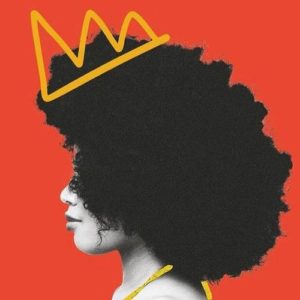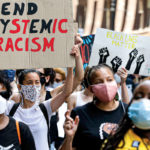I have been an educator, in some capacity, for most of my life. The children I have worked with range from the ages of 18 months to 15-years-old. And while this is quite an age gap, the conversations we have don’t vary by much.
Of course, I adjust the language and message accordingly in consideration of age. However, I discuss topics such as race, sexual orientation, identity, and more, regardless. Since parents, teachers, and even educators feel so much disapproval towards the implementation of literature and curriculum that discusses accurate historical accounts and is reflective and supportive of all students, I thought it is time to share my experiences when discussing these topics with students.
There’s one thing you should know before I begin. I operate from a place of empathy and model humility. It is my goal to create a space that is safe for students to become curious, make mistakes, and grow as human beings and contributing members of society. And because of this, they do just that.
What I have witnessed as I have what many deem to be divisive conversation is this: children do not feel shame or guilt from the books they read or the lessons they learned; it is imposed upon them from people of influence. If you have ever been in a child’s life in any capacity, then I am sure you are aware that they desire to absorb the world around them in order to make sense of it. This circumstance, these lessons, are no different for them than being told to apologize after they push another child down.
If a two-year-old pushes down another child to get a toy, you don’t shame them in that moment but inform them of why it is harmful and foster kindness and empathy. And you watch as they become more aware of their actions, and occasionally continue to mess up, but slowly try to do better, day by day. This “divisive literature and curriculums” are absorbed in the same manner.
Children become curious and want to learn more. They become empowered and passionate about standing in solidarity with marginalized communities and dismantling the oppressive systems. They are inherently kind and want to do what is right.
The problem is not with children learning this information or with how it’s absorbed, it’s about adults who imply that this knowledge is something shameful and dangerous. The reality is, the only danger this holds is towards the systems it will dismantle and the hate it aims to erase, but adults in power know this. In the eyes of ignorant politicians, parents, educators, and more, there is nothing more threatening then enabling these children to succeed with this information, because when children know better, they do better.
If you wonder why people are more concerned with books than assault rifles, it is because knowledge is more deadly. Knowledge is power. It what will disrupt these cyclical and insidious patterns. It is what will create effective change, and they know that.


